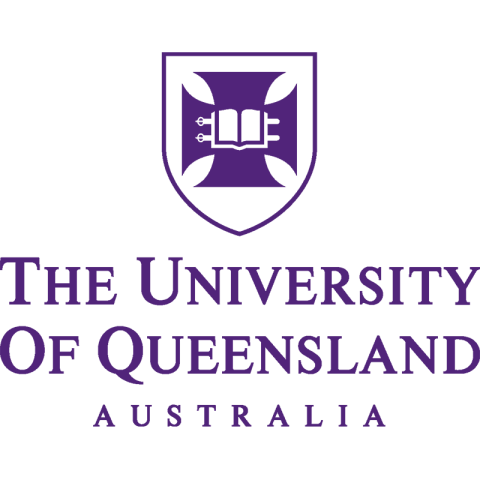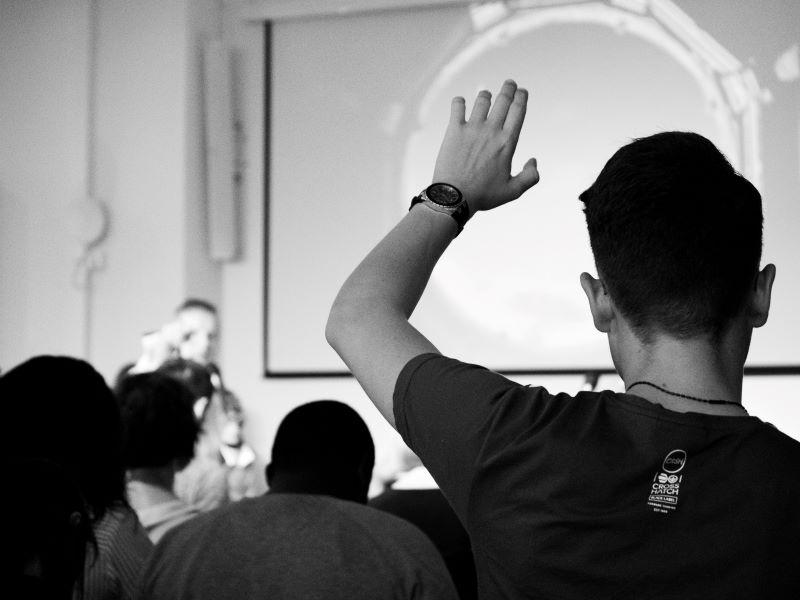
Towards 2035: a future view of university education
You may also like
At a time where uncertainty is all we can be certain of, we cannot continue as we have always done. Students’ expectations about how they might engage with higher education, and the value they hope to derive from it, are changing.
Our students – current and future – have endured a global pandemic, are consistently reminded of their role in resolving climate change and yet have less job and economic security than ever before. Covid-19 has accelerated the online education revolution and altered the wider social perception of the university experience. In doing so, it has been proof of concept that rapid change is possible within a traditionally resistant sector, while also exposing weaknesses in some universities’ ability to do this.
- Defining impact: a shift in thinking, acting and being
- Supporting LGBTQ+ aspiring leaders in universities
- What does a 21st-century research and science system look like?
As four doctoral candidates and Higher Education Academy (HEA) fellows, we were asked to share our personal experiences and hopes for the future of university education at the HEA@UQ Forum panel session as part of the University of Queensland Teaching and Learning Week. What did we expect HE to be like by 2035, a time when we might be academic leaders? Although we come from a range of disciplines, we have a shared and integrated vision of how universities will evolve over the next decade.
Capability and employability
Universities are preparing students for an uncertain future and for careers that might not yet exist. As society grapples with the tensions of the information age, data literacy, technological literacy and human literacy will be key. So, in our view, universities must continue to integrate curricula focused on capability and employability development, particularly for generalist degree programmes without defined career outcomes. A degree is no longer enough to guarantee employment – industry is looking for ways to differentiate among candidates, and their expectations are increasingly focused on capabilities over knowledge.
For students to thrive, they must be supported by universities to develop in-demand skills, and be equipped to problematise and solve future societal issues that technological agents alone cannot. We envision rapidly responsive curricula where universities are positioned to address ever-changing labour markets, societal and technological events such as Covid-19, and advances in artificial intelligence.
Integrated online and on-campus learning environments
Looking forward to 2035, we can see that universities will need to further leverage technology to optimally deliver this experiential curriculum in accessible ways. This might involve on-campus learning hubs that point students to community, virtual and collaborative environments, and localised learning hubs with specialised teachers who service cross-provider degrees, microcredentials and lifelong learning. The rapid transition to online learning revealed where important aspects of face-to-face learning were lacking, such as socialisation and connectedness. Instead, we imagine a future where technological innovation transforms the integration between the online and on-campus learning environments. Imagine participating in lectures via hologram from the comfort of your home, while still enjoying engagement, teamwork, live feedback and interaction as if you were physically present.
Our hope is that universities of the future will perceive diversity as a strength and prioritise inclusive education experiences. The Australian HE cohort, for example, is the largest it has ever been, educating about 1.6 million students, each with unique socio-cultural, life and educational experiences. While positive change is under way, there is more to do – such as achieving parity in completion rates for First Nations students.
Prioritise and reward teaching
Despite the increased role of technology in HE, none of its benefits can be achieved without dedicated education-focused academics striving for change. In academic promotion structures, more emphasis is placed on research outcomes and rankings, leaving scarce time for already overworked academics to redesign courses. Our hope is that universities of the future will reward and promote teaching and research excellence equally by advocating for increased funding, recognition and promotion opportunities based on educational development outcomes. Without institutional support, it is difficult for academics to embrace teaching as a career choice, particularly in research-intensive institutions.
As future leaders, we have an opportunity to set the agenda in a way that emphasises the merits of teaching and learning. Achieving this will involve critically assessing the HE system, aligning its values with societal change and developing a truly valuable educational experience tailored to our students.
A unique chance for change
Our vision for 2035 is that universities deliver student experiences that celebrate the diversity of the cohort, allow all students to participate fully and harness technology in ways that maintain the sense of community and connection crucial to both a valuable education and student well-being. As future leaders in 2035, we will continue to strive for systemic improvement, as academics have before us, in the context of social change, understanding that the pandemic-induced adaptation of HE has presented us with a unique opportunity for revolution.
Isaac Akefe is a lecturer and research fellow at the Academy of Medical Education; Lauren Carpenter is a PhD candidate in the School of Chemistry and Molecular Biosciences and the Institute for Teaching and Learning Innovation; Graham Lee is a PhD candidate in the School of Human Movement and Nutrition Sciences; and Jessica Leonard is an education designer in the Faculty of Business Economics and Law; all are at the University of Queensland. Jessica Leonard is also an EdD candidate at the Queensland University of Technology.
If you found this interesting and want advice and insight from academics and university staff delivered direct to your inbox each week, sign up for the Campus newsletter.




